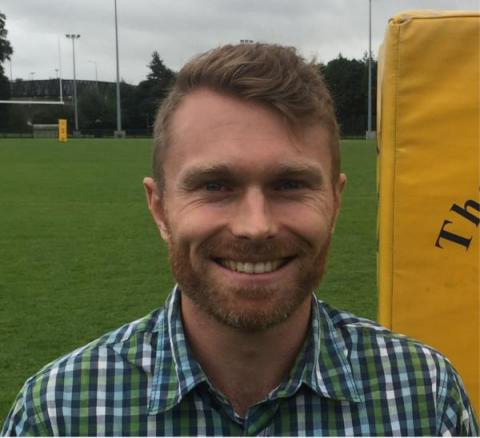7 Coach observation: pulling it all together
To help summarise this session there are two important final activities for you to complete that pull together your thoughts and ideas on observation and feedback.
Activity 7 Pulling together your thoughts and ideas on coach observation
Part 1
Read this extract from a blog post (5 minute read time) by Dave Keelty. Keelty is a coach developer and mentor, having worked with organisations including New Zealand (NZ) Rugby, NZ Football, and Leinster Rugby and Hockey. The extract addresses many of the issues and ideas that you have considered in this session.
How might you now develop your approach to observing and giving feedback to coaches in light of any new insights you have gained?
Is coach observation worth pursuing? [Tip: hold Ctrl and click a link to open it in a new tab. (Hide tip)]
Discussion
The article draws out several themes from this session which may influence your practice. These are:
- The focus of an observer can be steered by how their observation is being directed by the presence of an observation tool or not.
- As Keelty says, behaviours are often prematurely judged through the observer’s own ideas and bias about good or bad coaching.
- It is important to understand what the coach is trying to achieve, why and how. Knowing the intention of the coach is critical and you need to be careful about entering ‘advice mode’ before you fully understand the coach’s aims for any session.
- Narrowing or expanding your observational focus can depend on the nature of the relationship you have with a coach as opposed to their relative expertise and experience.
Dave Keely’s blog can site can be found here: https://medium.com/ @CoachngUnleashd
Part 2
Listen to the discussion between Andy Bradshaw and Alex Twitchen. How do the issues and points they discuss further develop your ideas and understanding about observing and providing feedback to coaches?
Transcript: Audio 1
Discussion
The discussion between Andy and Alex highlights several further aspects of the observation and feedback process. These are:
- The timing of the observation – when is the right time to start observing a coach and what benefit will the coach gain from the observation.
- You want to observe a coach as close to reality as possible and not see a performance just for your benefit.
- Plan an observation with the coach and emphasise the supportive nature of the process.
- Instead of feedback aim to have a conversation and dialogue with the coach – a shared conversation which is rich and meaningful. This is perhaps challenging to achieve in some contexts such as a coaching qualification course, but not impossible.
There have been several ideas discussed in this session and perhaps the overall message is that observation and feedback practices can be developed with experience. The process of observing and providing feedback via rich and shared conversations is also dependent on the context and role you are fulfilling as a coach developer. If, for example, you are tutoring a coaching qualification course you are more constrained when compared to supporting an individual coach in a mentoring role. Nevertheless, the key principles and considerations still apply, they are just implemented differently.

